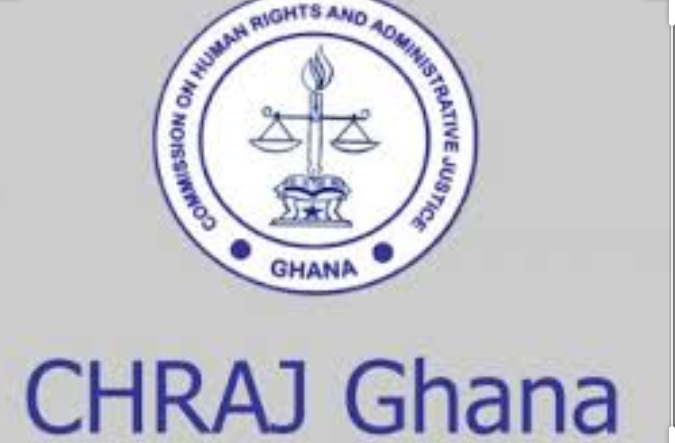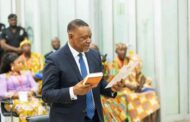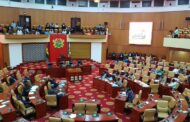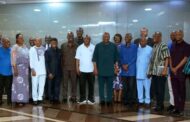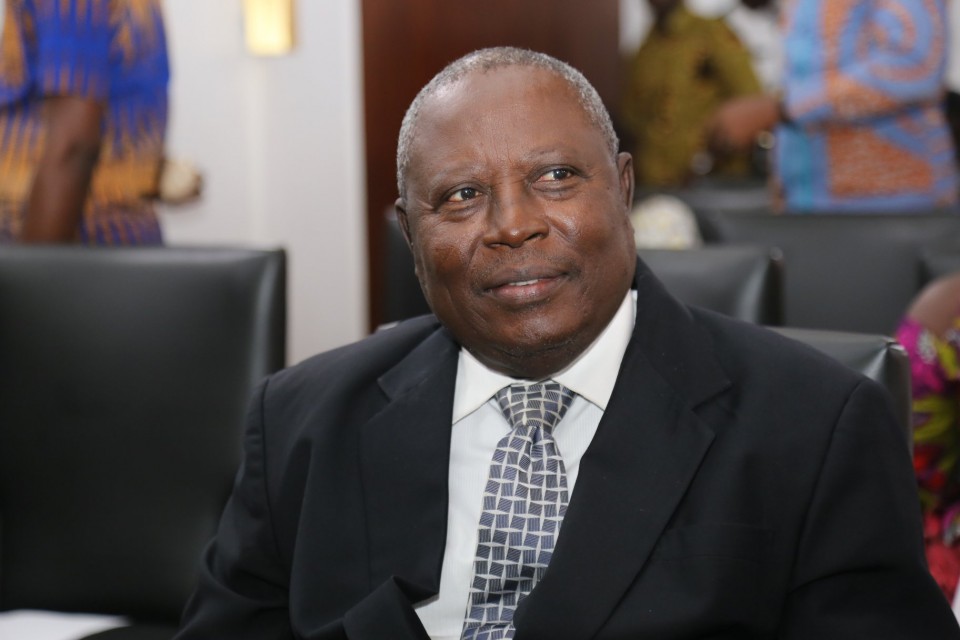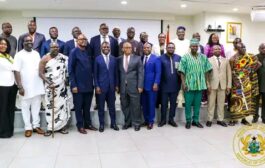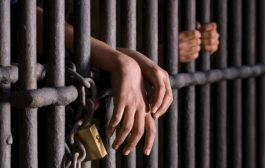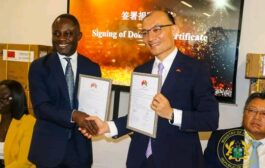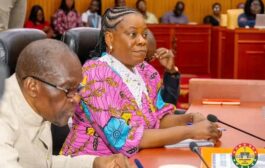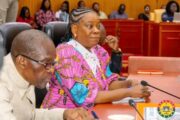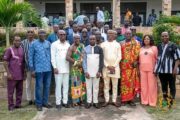The Commission on Human Rights and Administrative Justice (CHRAJ) is calling on the government to speed up processes of completing the ongoing stakeholder consultations on the National Ageing Bill and are laid before Parliament.
While we await passage of the National Ageing Bill into law, the Commission further calls on the State to do more to uphold the rights of older persons within the meaning of the NAP, the Constitution and international instruments.
This was contained in a statement from the commission to celebrate Internatonal Day of Older Persons, today, Thursday ,1st October 2020.
Theme: “Pandemics, do they change how we address the aged and ageing”
The Commission on Human Rights and Administrative Justice (CHRAJ) stands in solidarity with older persons globally in this year’s celebration of the International Day of Older Persons.
On 14th December 1990, the United Nations (UN) designated October 1st as the International Day of Older Persons in accordance with UN Resolution 46/9. In 2002, the UN General Assembly adopted the Madrid International Plan of Action (MIPA) on Ageing to respond to the opportunities and challenges of population ageing in the 21st century.
Ghana is a signatory to several international instruments and conventions that seek to protect the rights of older persons such as the 2002 African Union Policy Framework and Plan of Action on Ageing; The 2002 Second World Assembly on Ageing and MIPA on Ageing and the 1982 UN Plan of Action on Ageing.
More importantly, the supreme law of Ghana, the Constitution (1992) enjoins the State to enact appropriate legislation to ensure the protection and promotion of all other basic human rights and freedoms, including the aged; and to provide social assistance to the aged to enable them maintain a decent standard of living.
Accordingly, the government of Ghana developed a Draft National Ageing Policy in 2003 and in 2010 reviewed that existing draft policy into a comprehensive National Ageing Policy (NAP). The overarching goal of the NAP is to achieve the overall social, economic and cultural re-integration of older persons into mainstream society to enable them as far as practicable to participate fully in the national development process.
Source: Mybrytfmonline/Kofi Atakora



